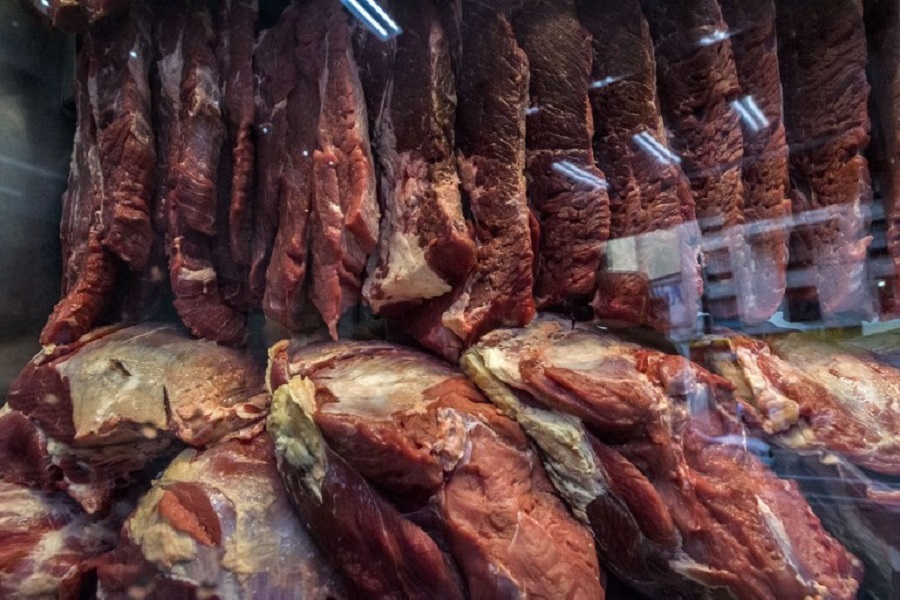RIO DE JANEIRO, BRAZIL – Global economic growth and the advance of international trade could more than offset Brazil’s losses in the agricultural sector after the agreement between the United States and China.
According to economists, with a stronger world economy, there is a positive perspective in relation to metal commodities, such as iron ore, which are of importance to Brazil.

For the chief economist of ABC Brazil Bank, Luis Otavio Leal, the advance in negotiations between the United States and China improves the prospects for world growth in 2020 and, therefore, is positive for Brazil, although there is a potential for the agreement to hinder the exports of Brazilian agricultural commodities to the Chinese.
“Any advance in the talks reduces the probability of disruption, the market is calmer and world growth may surprise upwards.
The chief economist of SulAmérica Investments, Newton Camargo Rosa, has a similar opinion. According to his evaluation, Brazil will lose an extra demand that it would have in marginal terms if there were a substitution of Chinese imports from Brazil to the detriment of the United States.
“However, what we can gain from the increase in global growth and trade more than offsets this potential agricultural gain, which is very low”.
Optimism
However, the forecasts for agribusiness are optimistic. During the quarrel with the United States, the Chinese increased their imports from Brazil, particularly soybeans. A deal would be enough for them to buy back grains from the Americans and reduce demand for the Brazilian product.
But according to the vice-president of the Brazilian Association of Soy Producers (Aprosoja Brasil), Gustavo Chavaglia, Brazil managed to solidify its relations with the Asian country in this period of divergences between China and the United States, meeting all the existing demand.
“We were a good alternative for China because we have the power to supply their needs”.
He says that, in recent months, he welcomed a number of Chinese delegations to visit the Brazilian facilities. They all had the same question: would Brazil have the ability to meet their demand? “We answered that in practice,” said the executive of Aprosoja Brazil.
In this context, exports grew from 75 to 90 million tons – an increase of 20 percent in relation to the previous period.
Due to the efforts made in recent months, he believes that Brazil will have a large share of the Chinese market. For the next harvest (19/20), production is expected to amount to 123 million tons of soy, if the weather conditions do not change.
This would mean an increase of six percent in relation to the last harvest. “And we do not work with a drop in exports. We are optimistic.”
Luis Otavio Leal from ABC Brazil Bank adds that China should increase its demand for grains, due to swine flu. “They will have to rebuild their pig herds with a different quality to avoid new crises.”.
Bilateral agreements
In the meat sector, the agreement between China and the United States should also not be negative.
Liège Nogueira, executive director of the Brazilian Association of Meat Exporting Industries (ABIEC), explains that the type of product exported from Brazil to China is different from that sold by the United States.

“Every export increase that we have had recently is the result of works to close bilateral agreements, not because of the trade war between the two countries”.
However, the executive states that a potential resumption of purchases of gourmet meat from the United States could affect the world price and, logically, Brazil.
But she does not believe that this will change the sector’s plans, which works to enable new plants next year to export to China.
Source: Infomoney

